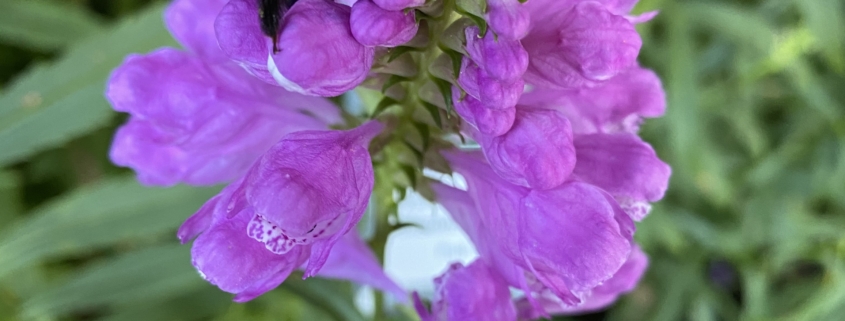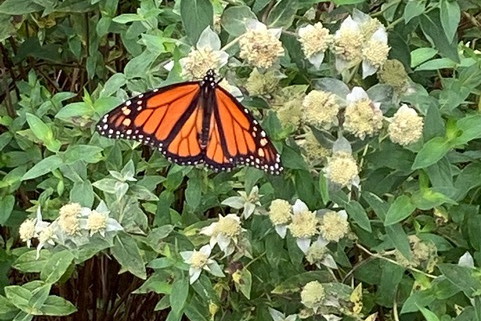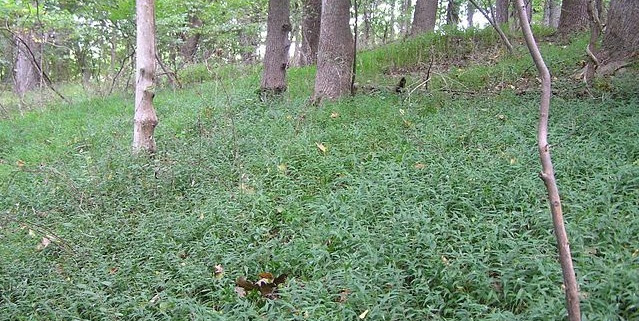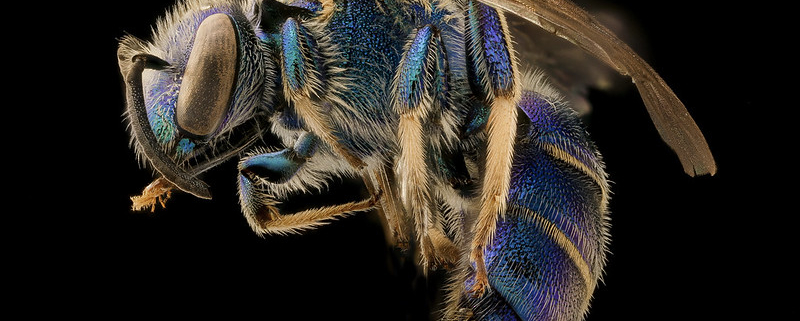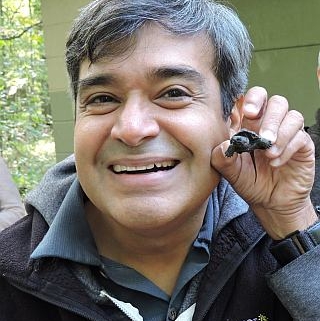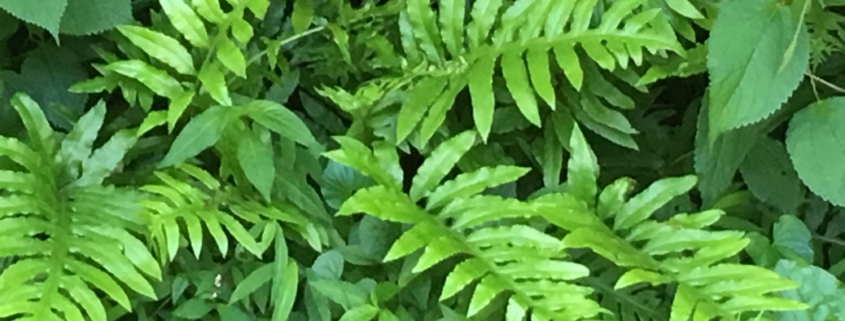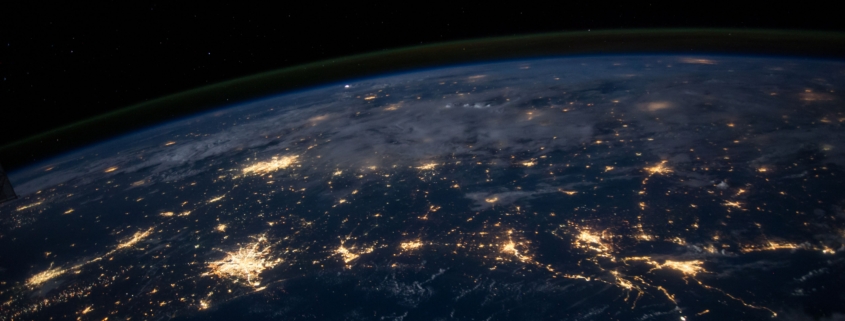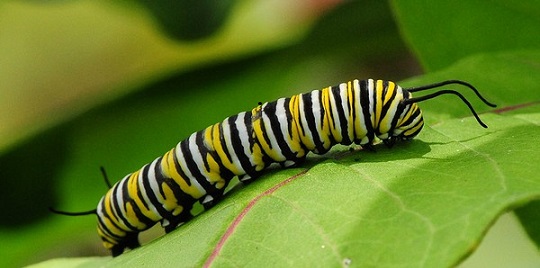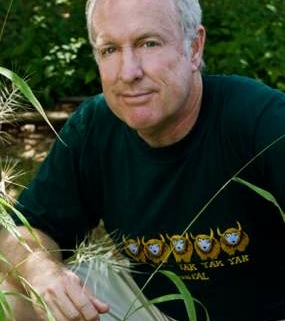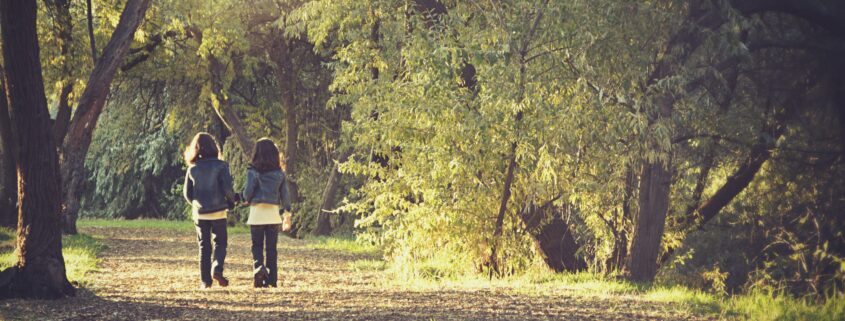Recovering Native Plant Diversity in the Piedmont, webinar, November 15th
Photo courtesy of VNPS
Sunday, November 15, 2020
1 pm
Register here.
Join the Virginia Native Plant Society (Potowmack Chapter) for their annual meeting. The speaker at the event will be Dr. Andrea Weeks of George Mason University. She will be discussing her research project, Recovering Native Plant Diversity in the Piedmont, that aims to initiate a long-term floristic study of Gilbert’s Corner in Loudoun County to support ongoing habitat restoration at the site – and to educate the public about the importance of conserving local biodiversity. Dr. Weeks is the recipient of the inaugural Mary Pockman Memorial Research Grant from VNPS.
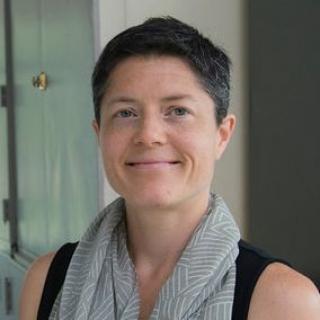
Dr. Weeks’ research focuses on the systematics, historical biogeography, and evolution of flowering plants, particularly those within the frankincense and myrrh family, Burseraceae. Dr. Weeks is also director of the Ted R. Bradley Herbarium at George Mason University and is engaged in making this valuable resource of information about the Virginia flora available to the public via the internet.
More on Dr. Weeks’ research here.


